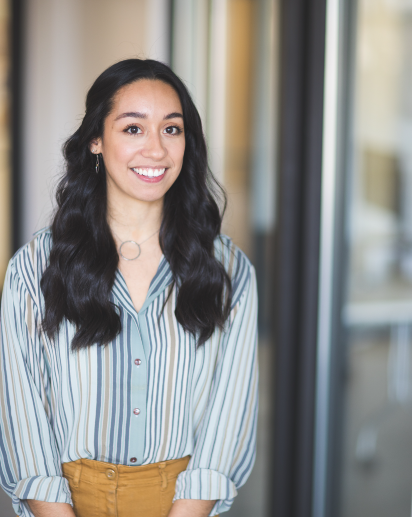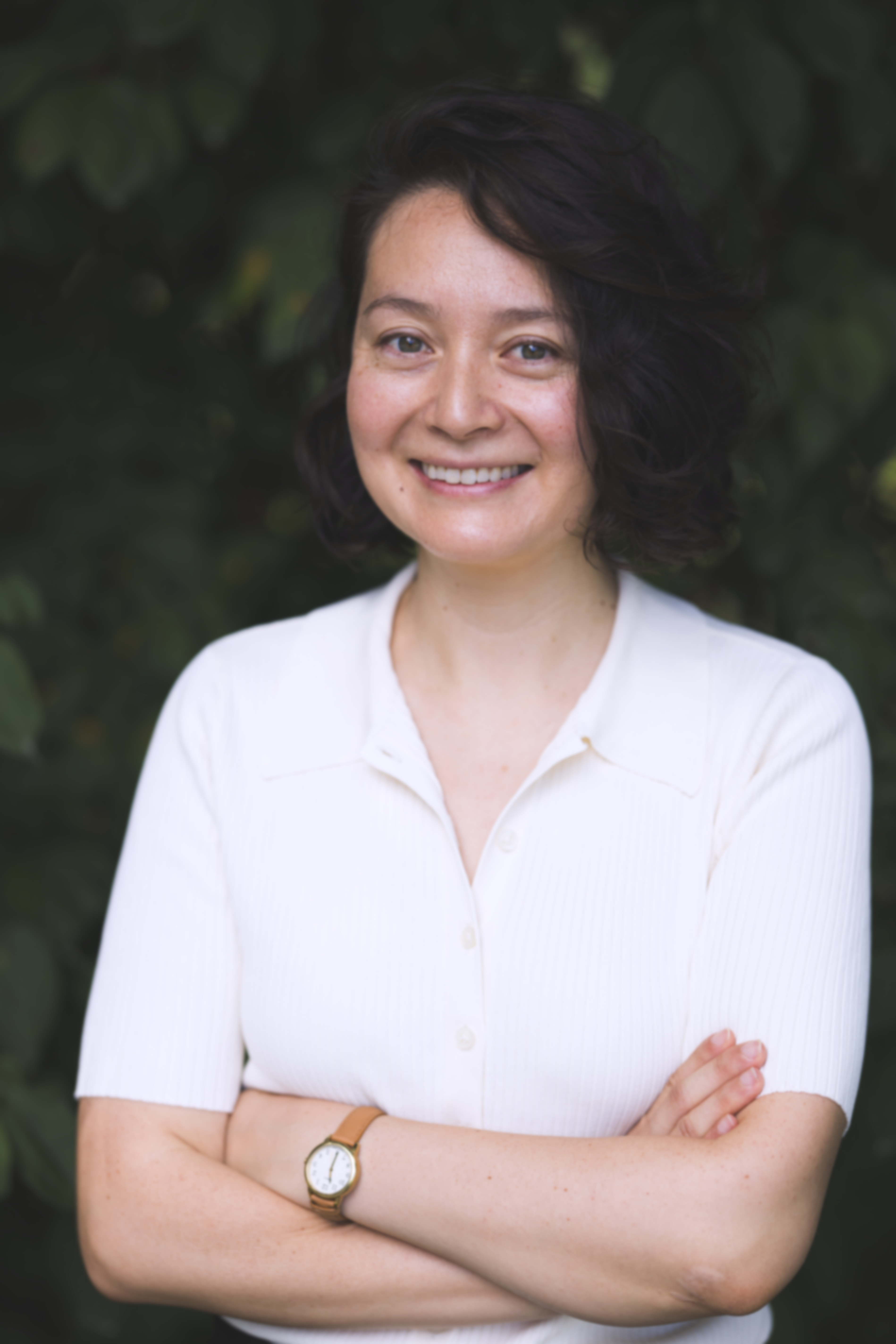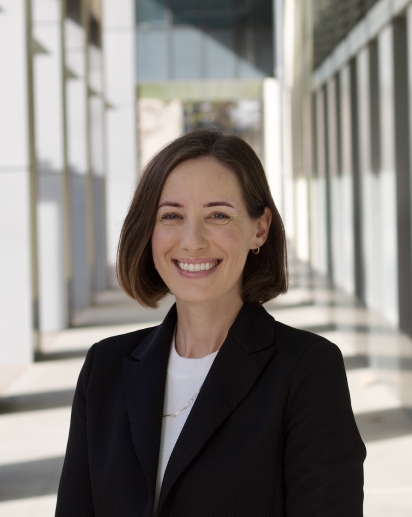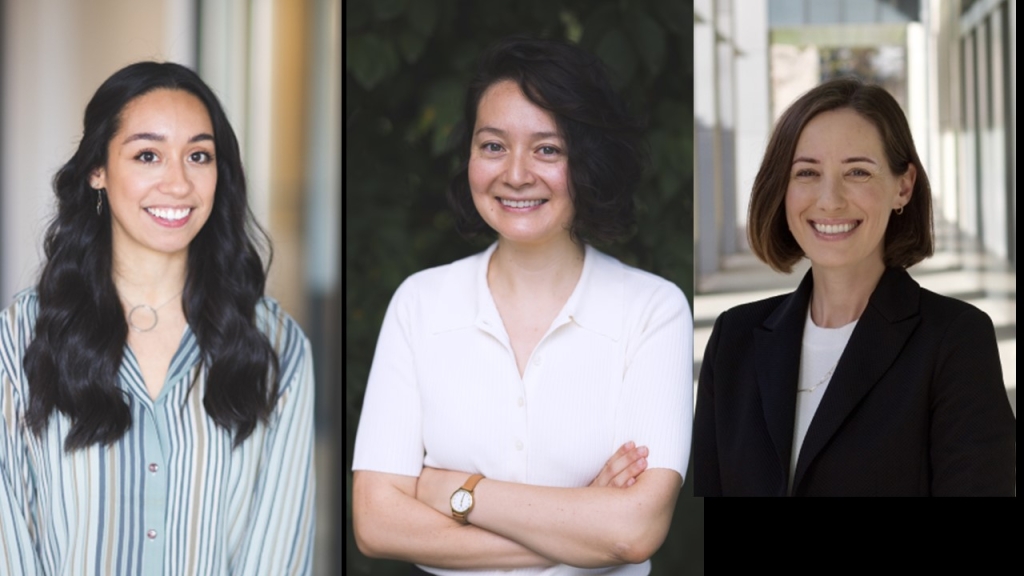PBS is pleased to announce the addition of three new Assistant Professors to our faculty.

Kiara L. Sanchez has been with the department for two years as a Mellon Faculty Postdoctoral Fellow and became an Assistant Professor in July 2024. Professor Sanchez earned a BA in Psychology and Sociology from Rice University and a PhD in Psychology from Stanford University. Sanchez is Principal Investigator of the Social Identity in Dialogue (SID) Lab.
"The SID Lab explores the dual benefits and challenges of talking about race in diverse settings. We focus on uncovering the psychological and material barriers that hinder substantive dialogue and develop theoretically grounded interventions that help people overcome these barriers."
Professor Sanchez will instruct PSYC 23 – Social Psychology in winter 25 and co-instruct PSYC 1 – Introductory Psychology in spring 25.

Pia-Kelsey O'Neill joined PBS as Assistant Professor in July 2024. Professor O'Neill comes to us with a B.S. from UCLA, and a Ph.D. Columbia University.
"I study how populations of neurons within the brain encode emotional experiences. I do this by recording the activity of many individual neurons in mice as they learn and adapt their responses to aversive or rewarding stimuli. With these large-scale datasets, we can ask how a finite set of neurons can flexibly represent the many features of an animal's experience. I am currently interested in describing the contribution of projection-defined neural populations within the brain's amygdala as mice enact a sequence of defensive responses such as freezing and fleeing from an aversive stimulus."
Professor O'Neill will instruct PSYC 37 – Behavioral Neuroscience in winter 25 and PSYC 50.16 – Neurobiology of Fear and Anxiety in spring 25.

Shelley M. Warlow is our newest Assistant Professor. She arrived in September 2025. Professor Warlow earned her B.A. and B.S. at University of Washington and then her MS and Ph.D. from University of Michigan.
"I am a behavioral neuroscientist interested in understanding how the brain generates motivated behavior. My research examines how neural circuits in the brain contribute to reward and aversion. For example, are distinct cell types dedicated to the pursuit of rewards such as food, whereas separate populations contribute to avoiding threats? By understanding how neural circuits generate reward and aversion, we can better treat disorders of imbalanced motivation such as addiction or bipolar disorder."
Professor Warlow will instruct PSYC 6 – Introduction to Neuroscience in winter 25.
